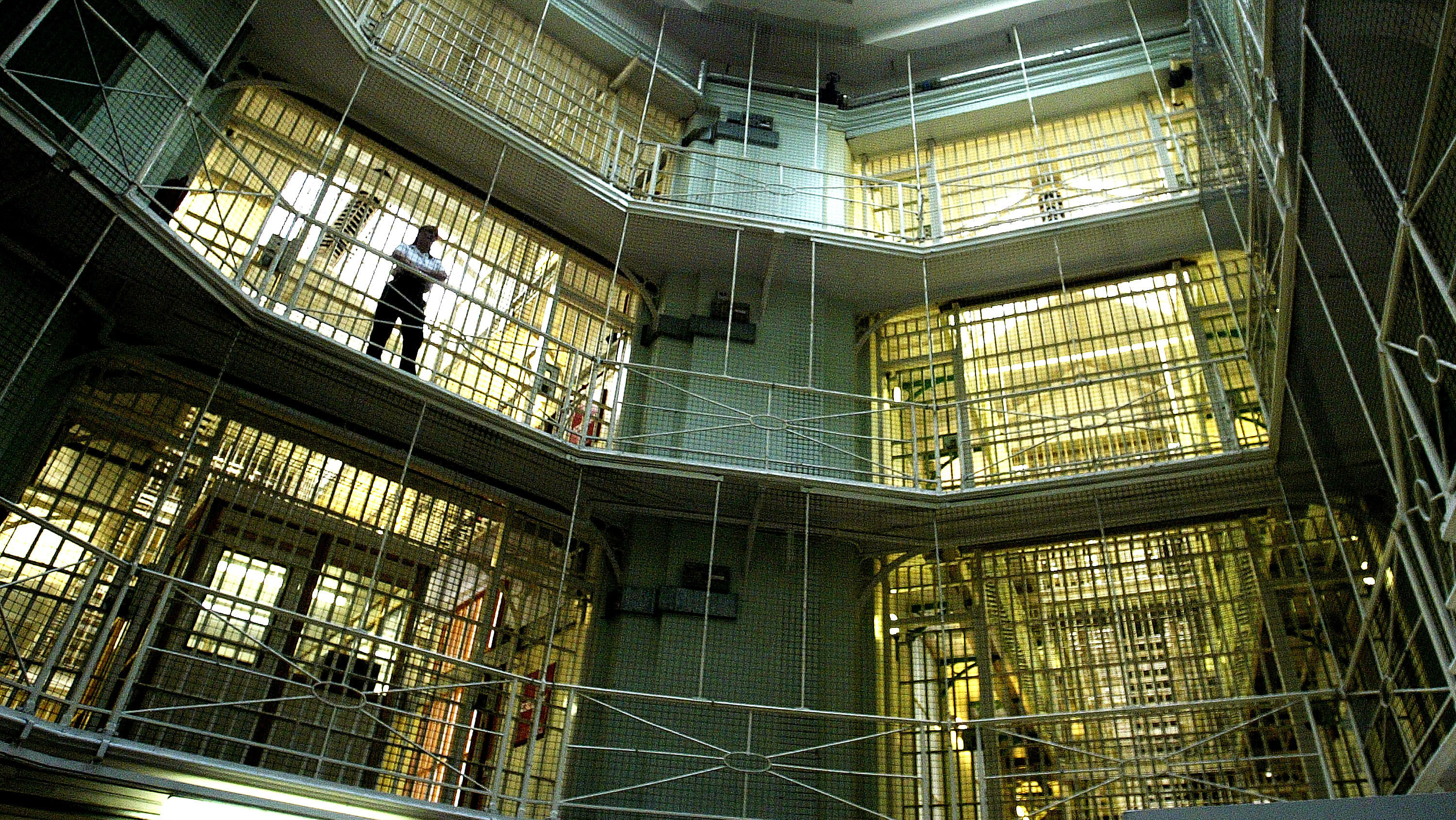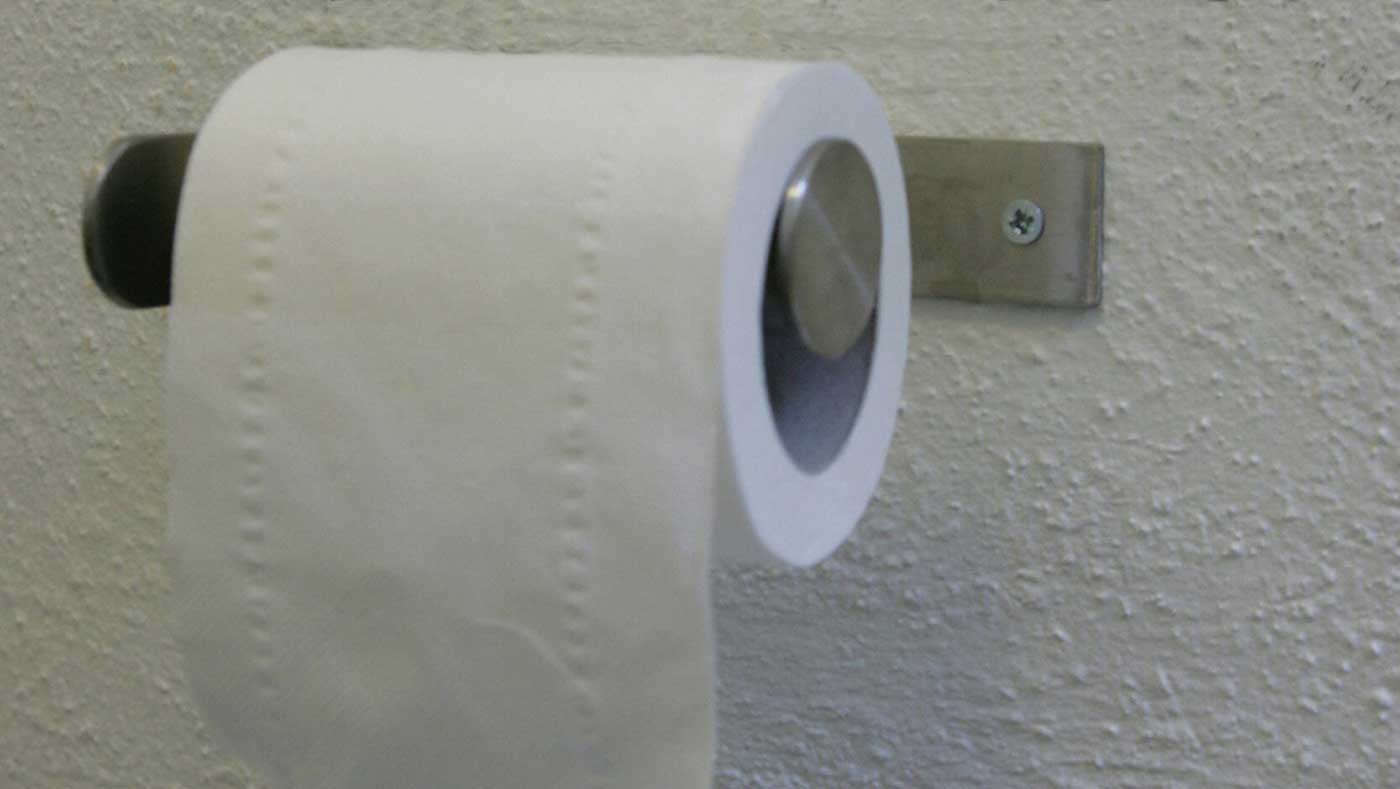Prison suicides at record levels in England and Wales
Ministry of Justice report shows rise in number of prisoners killing themselves, with assaults and self-harm also up

A free daily email with the biggest news stories of the day – and the best features from TheWeek.com
You are now subscribed
Your newsletter sign-up was successful
New figures released by the Ministry of Justice (MoJ) reveal 119 people killed themselves in prisons in England and Wales in 2016, an increase of 29 on the previous year.
It was the highest number since records began in 1978, said the MoJ, which also reported a record 37,784 incidents of self-harm and 25,049 of assault.Justice Secretary Liz Truss said the numbers were "very worrying", adding: "Since becoming Justice Secretary, I have been clear that the violence, self-harm and deaths in our prisons are too high.
"I have taken immediate action to stabilise the estate by tackling the drugs, drones and phones that undermine security. We are also investing £100m annually to boost the frontline by 2,500 officers."
The Week
Escape your echo chamber. Get the facts behind the news, plus analysis from multiple perspectives.

Sign up for The Week's Free Newsletters
From our morning news briefing to a weekly Good News Newsletter, get the best of The Week delivered directly to your inbox.
From our morning news briefing to a weekly Good News Newsletter, get the best of The Week delivered directly to your inbox.
The official statistics on "safety in custody" show an epidemic of violence has swept prisons in the 12 months to September, says The Guardian, with a 40 per cent rise in assaults on staff and a 28 per cent increase in prisoner-on-prisoner assaults
The Independent says the figures underline the scale of the task facing the government as it attempts to address the prison crisis.
Setting out the figures, the MoJ report said: "The rise in assaults since 2012 has coincided with major changes to the regime, operating arrangements and culture in public sector prisons
"For example, restructuring of the prison estate including staff reductions, which have reduced overall running costs, and an increasing awareness of gang culture and illicit psychoactive drugs in prisons.
A free daily email with the biggest news stories of the day – and the best features from TheWeek.com
Richard Garside, director of the Centre for Crime and Justice Studies, called on the government to develop a long-term plan to downsize prisons across England and Wales, with the aim of at least halving the number of people locked up over the next 20 years.
"This is a predictable consequence of tough but dumb crime policies pursued by this government, and by the previous coalition and Labour governments," he said.
"While ministers express concern and promise action, they are failing to address the real problem: the unnecessary imprisonment of thousands of our fellow citizens every year, often in disgraceful and distressing conditions."
His comments were echoed by Deborah Coles, director of Inquest, which works with the families of people who die in custody.
She said: "This unacceptable death toll reflects the grim reality of overcrowded and dehumanising prisons and the failure to protect those in their care... This broken system cannot deal with societal problems of mental and physical ill health, addictions, poverty and housing."
Coles called for a radical reduction in the prison population, investment in alternatives and a change in the nature and culture of prison to make them places of rehabilitation.
"If the government fails to act, the scandalous death toll will continue," she warned.
Last month, former deputy prime minister Nick Clegg, former justice secretary Ken Clarke and former home secretary Jacqui Smith also called for the government to halve the prison population.
A failure to do so, they argued, would prolong the prisons crisis and "do untold damage to wider society".
The MoJ says the prison population in England and Wales has remained relatively stable for the past five years, standing at 85,048 last Friday. However, it doubled from 42,000 to 84,000 between 1990 and 2012.
Last year thousands of staff walked out in protest over health and safety concerns, amid claims that the system was "in meltdown", while a number of serious disturbances erupted in jails.
-
 The Olympic timekeepers keeping the Games on track
The Olympic timekeepers keeping the Games on trackUnder the Radar Swiss watchmaking giant Omega has been at the finish line of every Olympic Games for nearly 100 years
-
 Will increasing tensions with Iran boil over into war?
Will increasing tensions with Iran boil over into war?Today’s Big Question President Donald Trump has recently been threatening the country
-
 Corruption: The spy sheikh and the president
Corruption: The spy sheikh and the presidentFeature Trump is at the center of another scandal
-
 Why German men are most likely to sit down on the loo
Why German men are most likely to sit down on the loofeature And other stories from the stranger side of life
-
 ‘Leaders must charm and show empathy’
‘Leaders must charm and show empathy’Instant Opinion Your digest of analysis from the British and international press
-
 Home Office worker accused of spiking mistress’s drink with abortion drug
Home Office worker accused of spiking mistress’s drink with abortion drugSpeed Read Darren Burke had failed to convince his girlfriend to terminate pregnancy
-
 In hock to Moscow: exploring Germany’s woeful energy policy
In hock to Moscow: exploring Germany’s woeful energy policySpeed Read Don’t expect Berlin to wean itself off Russian gas any time soon
-
 Were Covid restrictions dropped too soon?
Were Covid restrictions dropped too soon?Speed Read ‘Living with Covid’ is already proving problematic – just look at the travel chaos this week
-
 Inclusive Britain: a new strategy for tackling racism in the UK
Inclusive Britain: a new strategy for tackling racism in the UKSpeed Read Government has revealed action plan setting out 74 steps that ministers will take
-
 Sandy Hook families vs. Remington: a small victory over the gunmakers
Sandy Hook families vs. Remington: a small victory over the gunmakersSpeed Read Last week the families settled a lawsuit for $73m against the manufacturer
-
 Farmers vs. walkers: the battle over ‘Britain’s green and pleasant land’
Farmers vs. walkers: the battle over ‘Britain’s green and pleasant land’Speed Read Updated Countryside Code tells farmers: ‘be nice, say hello, share the space’